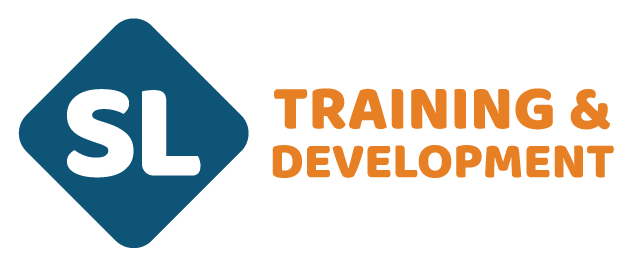5 ways to use your Smart Phone for (assessing, IQA, teaching and training)
Simon Linard • July 9, 2019
Utilising your smartphone is a fantastic way to support you in your role as a Teacher, Trainer or Assessor. When is comes to assessment you have an excellent tool, that is always close by and could be used to make your life and your learners lives easier. Consider these 5 tips to make use of your smartphone:
- Use Video
- Take Photos
- Use the Notes Application
- Record Verbal Discussions
- Use a File Sharing Applications
Use Video
Use video to record a learner
completing a task, such as a presentation, demonstrating their competence or participating in a discussion. Share the recording with them so they can review how they did and then use it for their own evaluation.
Take Photographs
Take photographs of the learners
participating in activities, exercises, practical tasks or whilst carrying out their job role. This can be used as supporting evidence for other assessment tasks.
Use the Notes Application
Use the notes application
to record your meetings with the learners, either through through written notes or voice dictation. Email the notes to yourself so you can put them onto the necessary assessment records or documents you use or add them to an e-portfolio.
Audio record discussions
Carry out verbal discussions
with your learners to assess knowledge and understanding. Rather than ask them to write responses to a series of written questions, plan a verbal question / answer or professional discussion with them. Make sure you tell them the topics you plan to discuss so they can prepare. Capture your discussion as a voice recording and share it with them. Extra tip - try recording your feedback and provide this to your learner so they can access the audio and listen to your feedback.
Use file sharing applications
Use a file sharing Application (such as Dropbox or Google Drive) to store all of your assessment documents, qualification information and teaching / training resources so you'll always have them whilst on the move or in the classroom. This is also somewhere for you to store all of your video, audio and photographic evidence from the points listed above.

The Importance of Assessor Qualifications in Workplace Training In today's fast-evolving business landscape, employers need effective workplace training as it is essential for maintaining a competitive edge. A critical component of this training process is the use of workplace assessment. Workplace Assessors are technical experts and industry professionals responsible for evaluating employees' competencies and ensuring training programmes meet industry standards. To maintain credibility and effectiveness, it is imperative that workplace Assessors possess a recognised assessing qualification .

Using Professional Discussion as an Assessment Method: A Guide for Assessors Professional discussion is an effective and versatile assessment method that allows learners to demonstrate their knowledge, skills, and links to competencies in a structured, yet flexible, manner. This method is widely used across various industries, particularly in vocational and competency-based education, where learners need to showcase practical expertise beyond written work and evidence.

The Level 5 Diploma in Education and Training (known as the DET) is the current, up to date Level 5 teaching qualification. This was introduced in 2014 and replaced the Level 5 Diploma in Teaching in the Lifelong Learning Sector (DTLLS). The DET sits within the Education and Training suite of qualifications, alongside the Level 3 Award in Education and Training (AET) and the Level 4 Certificate in Education and Training (CET). The Level 5 Diploma in Education and Training has been and still is a very flexible and valuable qualification for vocational Teachers, Trainers and Tutors to gain, opening up opportunities for employment and linked to QTLS. The structure of the qualification units provides bespoke pathways for learners to follow, based on their own role or how they want to develop.

There seems to be a great deal of confusion about the current qualifications available for assessors, with lots of mixed and sometimes inaccurate information provided to people. This post sets out to clarify a few things: What is current? What no longer exists? Do you need to update? How you can upgrade.











